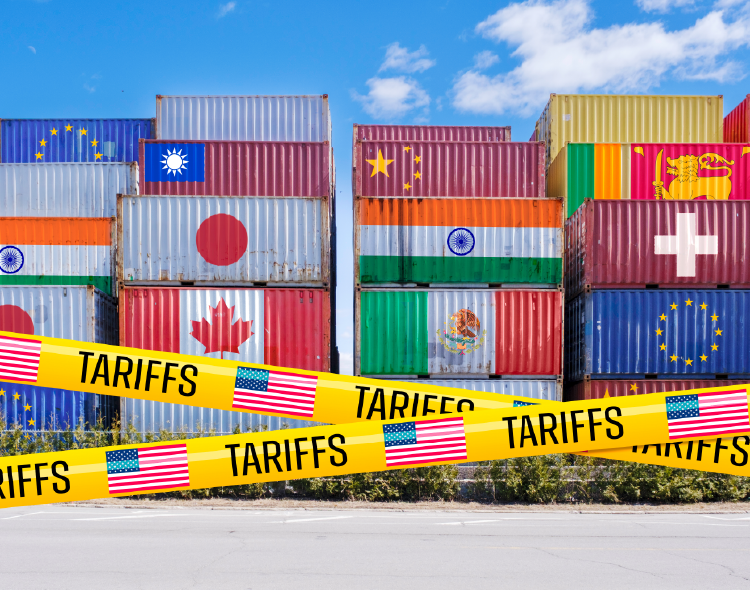Customs and international trade are governed by an array of frequently changing statutes, treaty obligations and regulations. Companies importing and exporting merchandise, services and technologies must be familiar with the regulations, restrictions and compliance requirements affecting their international sales, purchases and other business transactions to guard against violations of the law, regulations and trade policies in order to mitigate risks of civil and criminal penalty.
Our attorneys have experience assisting U.S. and non-U.S. emerging, middle market and publicly traded companies on matters of international trade restrictions and customs laws and regulations. We frequently receive referrals and work with outside corporate counsel, licensed customs brokers, freight forwarders, public accountants and international trade consultants that trust us to handle important customs issues and matters of international trade law that their clients may encounter.
Navigating the world of international trade requires attorneys with expertise in a number of specialized areas. Phillips Lytle’s attorneys have years of experience with international trade law and supporting clients working pursuant to trade agreements with numerous foreign countries and business entities.
U.S. and non-U.S. companies importing merchandise into the U.S. are statutorily required to use “reasonable care” under the Customs Modernization Act, including consulting with attorneys and other advisors, when warranted. U.S. Customs and Border Protection (CBP) and several other federal agencies that enforce U.S. laws governing imported goods have increased investigation and enforcement efforts for antidumping and countervailing duty evasion. They also are assessing significant civil and criminal penalties against companies and individuals that violate U.S. import laws and regulations, including the web of U.S. sanctions (and source of origin restrictions) administered by the U.S. Treasury’s Office of Foreign Assets Control (OFAC), policy-driven tariffs imposed by the US Trade Representative, and other laws such as the Trade Facilitation and Trade Enforcement Act of 2015 (TFTEA) and the Enforce and Protect Act as part of the TFTEA.
We have experience in assisting U.S. and non-U.S. companies on a broad range of customs matters and, where necessary, in enforcement defense, including representation before U.S. Court of International Trade, CBP, OFAC, the U.S. Department of Commerce’s Bureau of Industry & Security and other federal government agencies.


Receive firm communications, legal news and industry alerts delivered to your inbox.
Subscribe Now